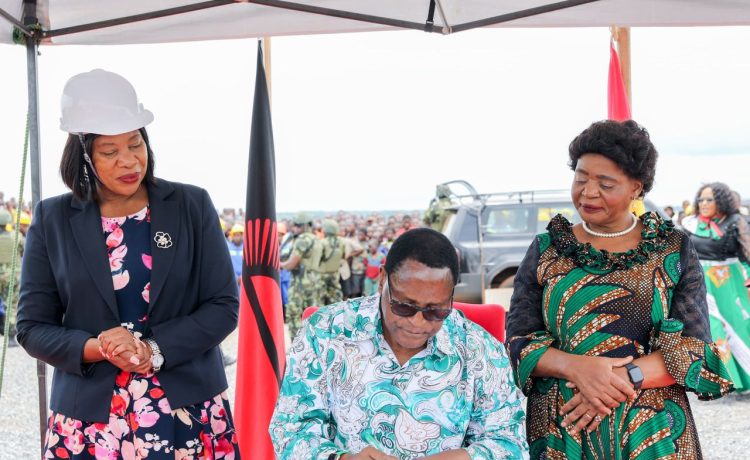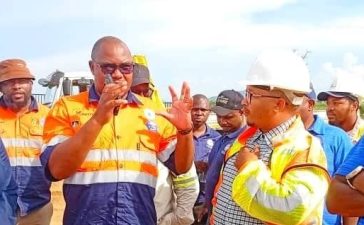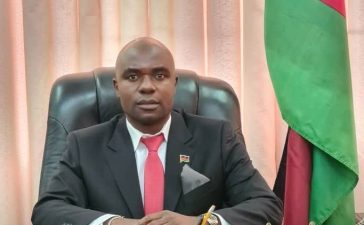In his address today, President Lazarus Chakwera unveiled a vision for the future of Malawi that resonates with urgency and hope. The announcement of the Schools of Excellence initiative is a watershed moment for education in the country, emphasizing a drive toward improving academic standards in every education district. However, it is the simultaneous revelation of untapped mineral resources, particularly the rutile deposits in Kasiya, that may plummet Malawi into an era of unprecedented economic growth.
Educational upliftment is a noble endeavor, especially in a nation where access to quality education can shape the future for millions. President Chakwera’s determination to commence with purpose speaks to the frustrations often felt by citizens watching slow-paced bureaucracies stifle progress. By holding officials accountable and demonstrating a clear commitment to results, he sets a transformative tone, rippling through the government’s modus operandi.
The Schools of Excellence project, ideally to be completed within a year, signals a shift from waiting for endless approvals to action-oriented governance. This model, if embraced broadly, could significantly reshape how public projects will be executed in Malawi, making efficiency the new standard. But the potential does not end with education; as projects gain traction, the impending developments in the rutile mining sector offer a glimpse into the magnitude of change on the horizon.
Rich in mineral wealth, Malawi stands at a crucial junction where strategic mining operations could lead to economic stabilization and growth. Such developments, if managed effectively, can yield revenues that fund not just education, but also healthcare, infrastructure, public service goods and long-term developmental projects.
However, one must approach this optimism with a measured perspective. Previous experiences with resource exploitation such as uranium in Kayelekera and Coal in Rumphi and other areas have illustrated that without a robust regulatory framework, the benefits of such resources can become a mirage, leading to environmental degradation and social discontent. It is imperative that as Malawi unlocks the economic potential of its rutile deposits, it not only safeguards its environmental heritage but most importantly prioritizes the welfare of its citizens.













